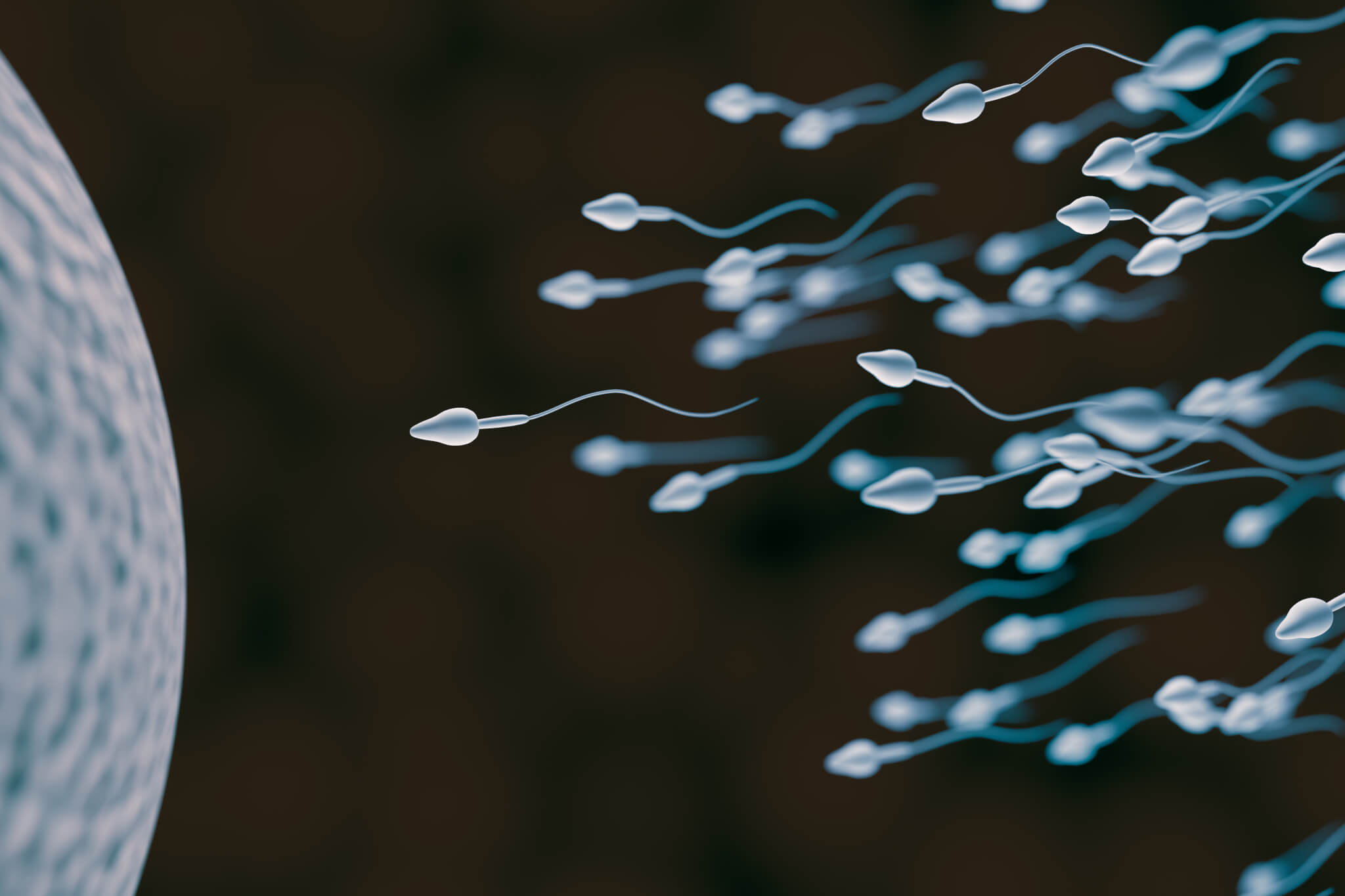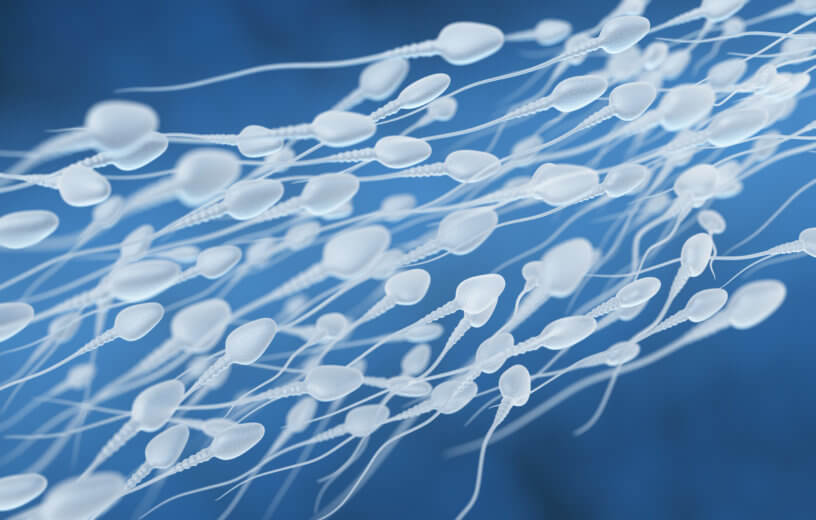🔑 Key Findings:
- Just like the gut, a man’s sperm is full of microbes that influence fertility
- Researchers found Lactobacillus iners negatively impacts fertility
- Bad bacteria can damage sperm quality for men
LOS ANGELES — Normally, the word “bacteria” is best left out of the bedroom, but new findings suggest microbes may hold serious influence over male fertility. Researchers at the University of California-Los Angeles (UCLA) explain that a man’s “semen microbiome,” or the collection of various microorganisms present in their semen, may play a pivotal role in the chances of conception.
Prior studies in recent years have documented the crucial role of the gut microbiome in overall human health. With this in mind, the team at UCLA decided to investigate the potential role of the semen microbiome in male fertility (and infertility). They theorized that a stronger understanding of the microorganisms present in semen could open the door for the development of new infertility treatments.
The investigation produced a number of noteworthy insights. To start, researchers found that one microbe, Lactobacillus iners, may have a direct negative impact on male fertility. The study details how men with more of this particular microbe were more likely to display sperm motility issues. Prior research explains that Lactobacillus iners is capable of referentially producing L-lactic acid, which can potentially lead to a pro-inflammatory environment locally, ultimately resulting in a negative impact on sperm motility.
However, while prior studies suggest a link between this microbe and fertility, study authors note the majority of existing research focuses solely to the vaginal microbiome and other female factors. They say this is the first study ever to find a negative association between the microbe and male-factor fertility.

The study also discovered the presence of three types of bacteria in the Pseudomonas group among patients with both normal and abnormal sperm concentrations. Meanwhile, microbes called Pseudomonas fluorescens and Pseudomonas stutzeri were more common in patients with abnormal sperm concentrations, and Pseudomonas putida was less common among abnormal sperm concentration samples.
The research team stresses that these findings also indicate not every member of the same closely related group will influence fertility in the same manner – either positively or negatively. Put another way, even closely related microbes may not always display the same direct correlations in relation to fertility.
“There is much more to explore regarding the microbiome and its connection to male infertility,” says Vadim Osadchiy, a resident in the Department of Urology at UCLA and the lead author of the study, in a university release. “However, these findings provide valuable insights that can lead us in the right direction for a deeper understanding of this correlation. Our research aligns with evidence from smaller studies and will pave the way for future, more comprehensive investigations to unravel the complex relationship between the semen microbiome and fertility.”
The study is published in Scientific Reports.

Germs in your jizz.